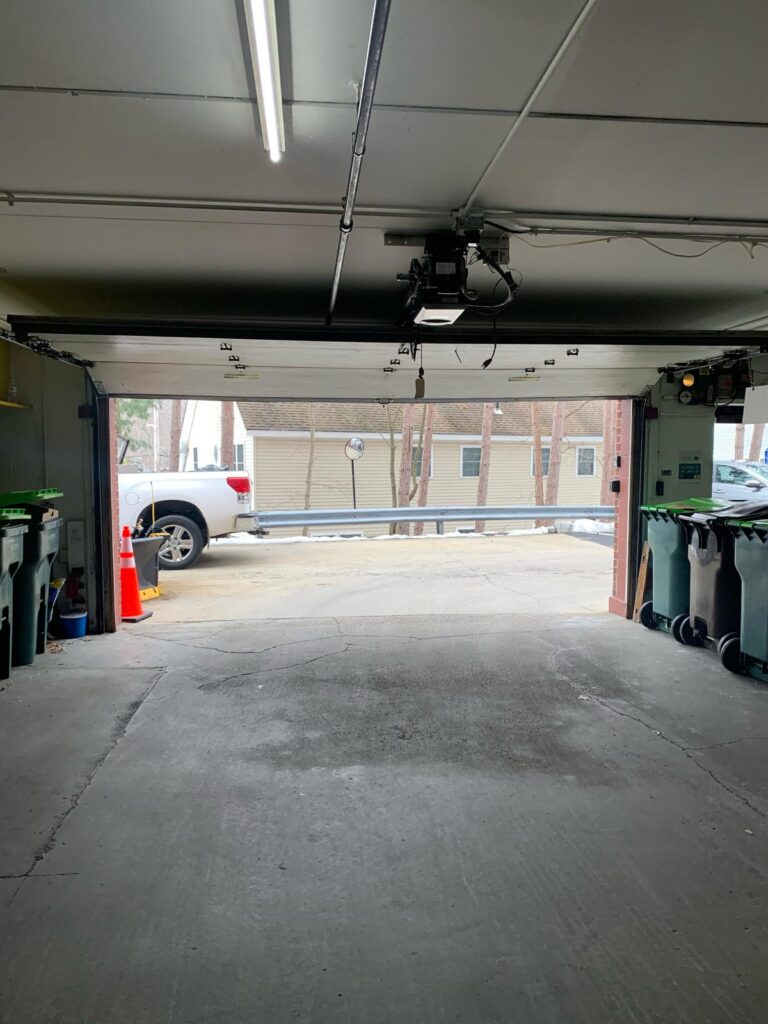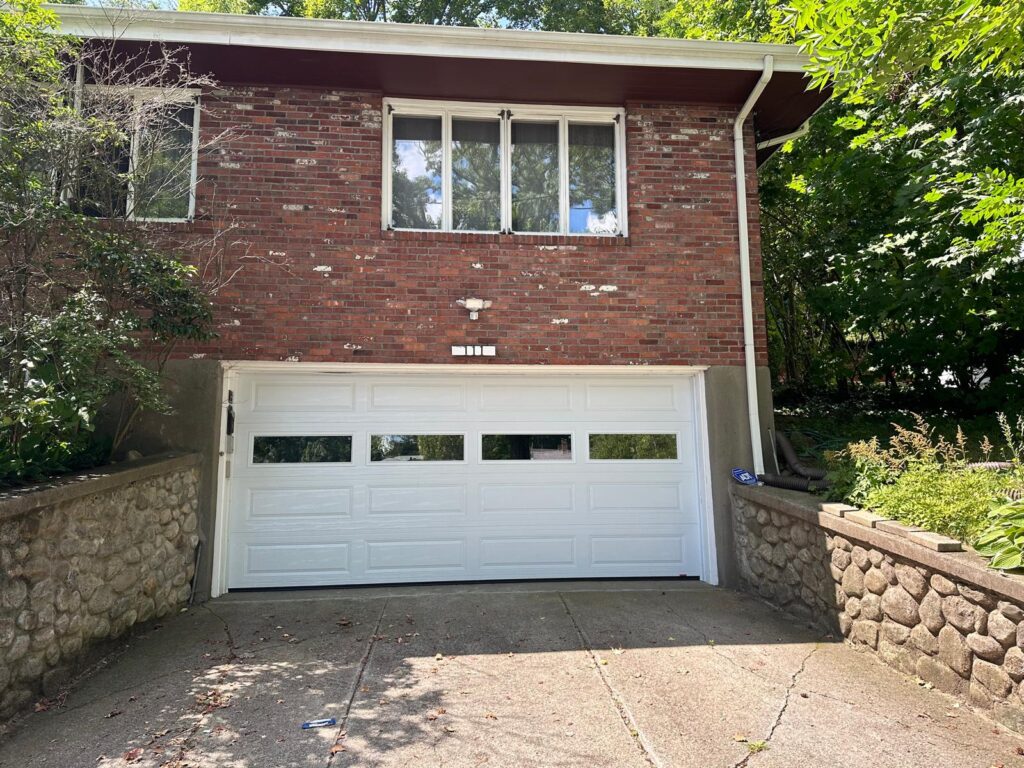Your garage door plays a crucial role in your home’s overall security, convenience, and even curb appeal. It’s essential to recognize the early warning signs of potential garage door issues to prevent costly repairs and ensure smooth, uninterrupted operation. Often, homeowners overlook minor issues, thinking they are insignificant; however, these seemingly small problems can quickly escalate into major malfunctions, potentially compromising both the safety and functionality of your garage door. In this comprehensive guide, we’ll delve into the most common warning signs that indicate your garage door may need urgent garage door repair in Bedford. Addressing these issues promptly will not only enhance your home’s security but also prevent unexpected inconveniences and expenses in the future.
Unusual Noises Coming from the Garage Door
Have you recently noticed grinding, squeaking, or rattling sounds whenever you operate your garage door? This demonstrates that your garage door system may be experiencing underlying mechanical issues that require immediate attention. Unusual noises often point to problems such as:
- Worn-out rollers, which may struggle to glide smoothly along the tracks, causing friction and loud noises during operation.
- Loose hardware components, such as bolts, nuts, or hinges, which can cause parts to rattle and vibrate as the door moves up and down.
- Broken garage springs, which may no longer support the weight of the door efficiently, leading to additional strain on other components and resulting in creaking or snapping sounds.
If you begin to hear any of these unusual sounds, it’s vital to schedule a professional inspection before the issue worsens. Ignoring these noises can lead to a complete breakdown of your garage door system, resulting in costly repairs or even full replacements.
Slow or Jerky Movements
Your garage door should ideally operate in a smooth, fluid motion. However, if you’ve recently noticed it moving in jerky, uneven motions, or taking longer than usual to open or close, it’s a clear indication that something is wrong. This demonstrates potential issues such as:
- Misaligned tracks, which create friction and resistance, making it difficult for the door to glide effortlessly.
- A struggling garage door opener, which may be failing due to worn-out gears, electrical problems, or internal mechanical faults.
- Lack of lubrication, which can increase friction in moving parts, causing the motor to strain and slow down over time.
Addressing these problems early can prevent further complications and extend the lifespan of your door. If left unattended, slow or jerky movements may lead to a complete operational failure, requiring costly garage door repair costs that could have been avoided with timely maintenance.

Garage Door Won’t Open or Close Completely
Picture this—you’re in a hurry to leave for work, but your garage door suddenly refuses to open or close all the way. This frustrating situation could be caused by several underlying issues, including:
- Misaligned or faulty garage sensors, which may fail to detect obstructions accurately, preventing the door from completing its full range of motion.
- Broken springs, which can no longer support the weight of the door, leading to uneven movement or complete failure to close.
- Malfunctioning garage door openers, which can struggle to provide enough power to fully open or close the door.

Leaving your garage door partially open can pose significant security risks, exposing your home and belongings to potential intruders. Furthermore, it can leave your garage vulnerable to harsh weather conditions, leading to additional repair costs down the line. Emergency garage repairs should be sought immediately to ensure your home remains secure and functional.


Recent Comments